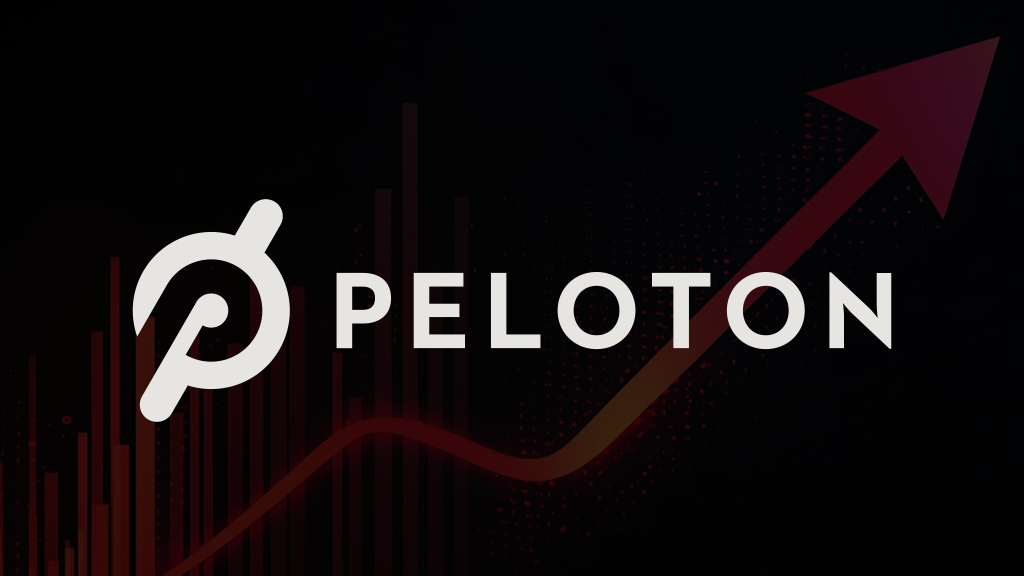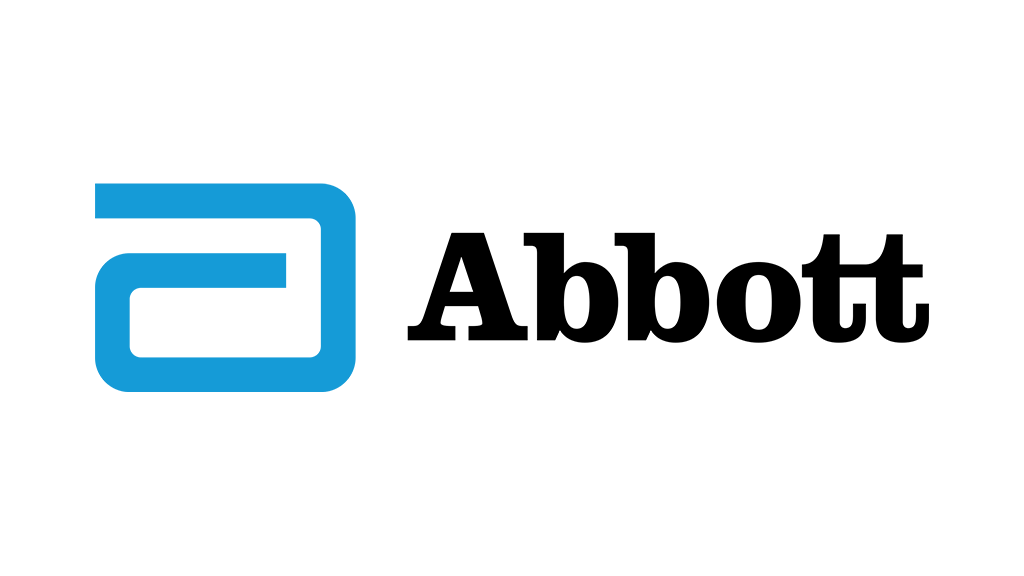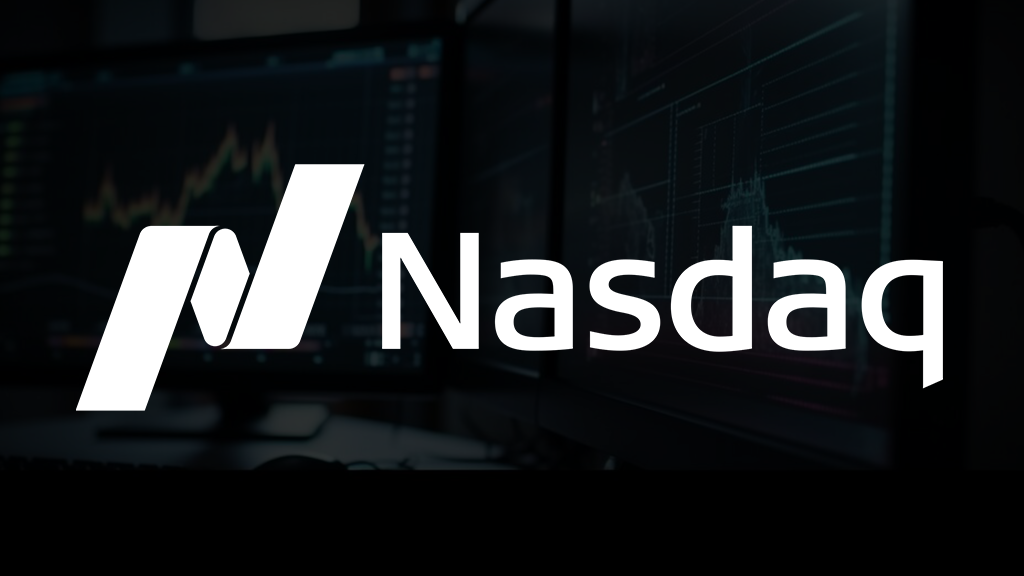Dr. Michelle Braden
Leadership Coach

Dr. Michelle Braden
Michelle has coached and trained leaders and teams for over 20 years. She is the founder of the Authentic Leadership Summit, the Emerging Executive Leadership and Conversational Oxygen Programs. Michelle has also served as a panelist for the World Coaching Conference. Michelle is a certified coach with PCC credentials from the International Coaching Federation, is a Master Certified Executive Coach with the MEECO Leadership Institute, holds a PhD in Leadership/Management and is the author of three leadership books: Stand Out, Dare to Make a Difference, and Bottom Line. She is also a long-term thought-leadership contributor to several blogs/publications including: Forbes, Thought Leaders, Lead Change and Leadership Courseware.
Michelle’s areas of coaching/training expertise include: Executive, Leadership, Women in Leadership, High Potential Coaching and Developing Executive Presence. She has worked with leaders at all levels, from emerging executives in non-profits and small businesses to C-Suite leaders of large organizations and Generals of our military forces. She has partnered with a large variety of organizations including The National Geospatial Intelligence Agency, Boehringer-Ingelheim, Coty
International, Ford Motor Company, Brighthouse Financial, WorldStrides,
InterContinental Hotel Groups, Salesforce, The Federal Reserve Bank, Morgan Keegan, Capital One, University of Virginia, Darden School of Business, Battelle, General Dynamics and LexisNexis to name a few.
Favorite Quote:
“Whether you think you can, or you think you can’t–you’re right.”-
Henry Ford
How Artificial Intelligence is Impacting C-Suite Leaders in the Workplace
Artificial intelligence (AI) has been transforming our lives for quite some time. Recently, we are seeing the impact of AI even more in the workplace and C-suite leaders are no exception. AI is already being used in numerous aspects of the workplace. As AI continues to evolve, it is poised to have an even greater impact on C-suite leaders. With this understanding of AI advancements, it is crucial for executives and leaders to move toward appreciation of AI rather than resistance or fear. If you are not experiencing the impact of AI or at minimum hearing about it, you may want to ask what you are missing. Below are a few statistics that reflect the impact of AI in the workplace and in particular on C-suite leaders:
- A study by PwC found that 72% of C-suite leaders believe that AI will have a significant impact on their businesses in the next five years.
- A study by McKinsey found that AI could add $13 trillion to the global economy by 2030.
- A study by MIT Sloan Management Review found that AI is already being used by C-suite leaders to improve decision-making, customer service, and risk management.
These studies provide evidence that AI is already having a significant impact on C-suite leaders and their businesses. As AI continues to evolve, it is likely that this impact will only grow stronger.
If you are not already experiencing the benefits of AI, check out some of the opportunities of embracing AI:
- Automating tasks: A study by Deloitte found that AI can automate up to 45% of the tasks that C-suite leaders currently spend time on. AI can help C-suite leaders make better decisions by providing them with access to more data and insights. AI can also help C-suite leaders to identify patterns and trends that would be difficult to see with the naked eye.
- Making better decisions: A study by Harvard Business Review found that AI can help C-suite leaders make better decisions by providing them with access to more data and insights. AI helps leaders to access information more quickly and accurately.
- Improving collaboration: A study by MIT Sloan Management Review found that AI can help C-suite leaders improve collaboration by providing them with a platform to share ideas and insights. AI can also help C-suite leaders to track the progress of projects and to identify potential risks.
In addition to these specific impacts, AI is also enhancing and even changing the way that C-suite leaders think about leadership. AI is forcing C-suite leaders to become more strategic and data-driven. It is also requiring C-suite leaders to move more rapidly, to be more agile and adaptable.
If you are curious how large organizations are using AI, below are some specific examples of how AI is being used by C-suite leaders in the workplace:
- Netflix uses AI to recommend movies and TV shows to its users. This helps Netflix to keep its users engaged and to increase its revenue.
- Amazon uses AI to personalize its product recommendations. This helps Amazon to sell more products and to improve the customer experience.
- Walmart uses AI to track inventory and to optimize its supply chain. This helps Walmart to save money and to improve its customer service.
These are just a few examples of how AI is being used by C-suite leaders in the workplace.
As AI continues to evolve, it is likely that we will see even more innovative and impactful applications of AI in the future. If you are feeling uncertain about AI, you are not alone. Below are some of the challenges that C-suite leaders face in embracing AI:
- Lack of understanding: Many C-suite leaders do not fully understand how AI works or how it can be used to benefit their businesses.
- Data privacy concerns: Some C-suite leaders are concerned about the privacy implications of using AI.
- Cost: AI can be expensive to implement and maintain.
- Job loss: One of the biggest fears of AI is that it will lead to widespread job loss. As AI becomes more sophisticated, it is likely to automate more and more jobs. This could lead to widespread unemployment, particularly among low-skilled workers.
- Bias: AI systems are trained on data, and if the data is biased, the AI system will be biased as well. This could lead to AI systems making discriminatory decisions, such as denying loans or jobs to people of color.
- Security risks: AI systems are complex and contain a lot of sensitive data. This makes them vulnerable to cyberattacks. If an AI system is hacked, it could be used to steal data, disrupt operations, or even cause physical harm.
- Loss of control: As AI systems become more powerful, they could become difficult for humans to control. This could lead to a situation where AI systems are making decisions that have a significant impact on our lives, but we don’t have any control over those decisions.
Despite these challenges, there are many reasons why C-suite leaders should embrace or a minimum learn more about AI. AI has the potential to revolutionize the way that businesses operate. It can help businesses to improve their efficiency, productivity, and profitability.
I would be remis if I did not share a few things leaders can do to mitigate the risks of AI:
- Educate themselves about AI: C-suite leaders need to understand how AI works and how it can be used in the workplace. This will help them to make informed decisions about how to use AI in their businesses.
- Be proactive about addressing bias: C-suite leaders need to be proactive about addressing bias in their AI systems. This includes using data that is representative of the population and using algorithms that are designed to be fair.
- Implement security measures: C-suite leaders need to implement security measures to protect their AI systems from cyberattacks. This includes using firewalls, encryption, and other security measures.
- Be transparent about AI use: C-suite leaders need to be transparent about how they are using AI in their businesses. This will help to build trust with employees and customers.
By taking these steps, C-suite leaders can help to mitigate the risks of AI and ensure that AI is used for good.
C-suite leaders who embrace AI will be well-positioned to succeed in the future. They will be able to make better decisions, improve collaboration, and automate tasks. They will also be able to think more strategically and to adapt to change more easily.
I do not claim to be an expert (or anywhere near it) when it comes to AI; however, I realize it is here to stay (and increase). As a C-suite leader myself, I realize we need to embrace AI and learn more. If you are a C-suite leader, I encourage you to start learning about AI today. The future of business is AI-driven, and you don’t want to be left behind.















































